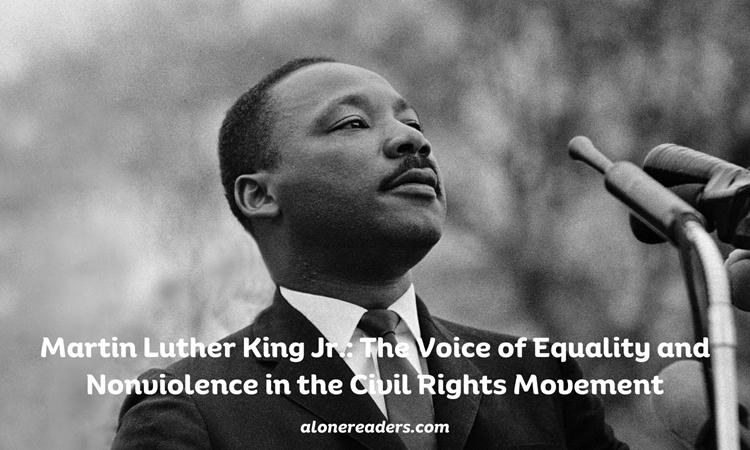
Martin Luther King Jr. was not just a figurehead in the tapestry of American history; he was the thread that wove through the very fabric of the nation's consciousness during a time of great turmoil and transformation. As an American Baptist minister, activist, and pivotal leader in the Civil Rights Movement from 1955 until his tragic assassination in 1968, King's philosophy of nonviolent protest became the driving force of the fight for racial equality in the United States.
Born on January 15, 1929, in Atlanta, Georgia, Martin Luther King Jr. was the middle child of Martin Luther King Sr., a pastor, and Alberta Williams King, a schoolteacher. Growing up in the South, King experienced the brutal realities of racial segregation from a young age. These early experiences with racial injustice profoundly shaped his personal and professional life.
King attended Morehouse College, where he earned a degree in sociology before enrolling in Crozer Theological Seminary in Pennsylvania, graduating with a Bachelor of Divinity. He furthered his education at Boston University, where he earned a Ph.D. in systematic theology. During his studies, King met Coretta Scott, a musician, and activist, who would become his wife and partner in the struggle for civil rights.
King's rise to national prominence began with the Montgomery Bus Boycott in 1955, sparked by Rosa Parks' refusal to give up her seat to a white passenger. As a young pastor of Dexter Avenue Baptist Church in Montgomery, Alabama, King was elected to lead the boycott. His powerful oratory skills and strong leadership helped to extend the boycott for over a year, resulting in a U.S. Supreme Court ruling that declared segregated seating on public buses unconstitutional.
Following the success of the Montgomery Bus Boycott, King and other civil rights leaders founded the Southern Christian Leadership Conference (SCLC) in 1957 to harness the moral authority and organizing power of black churches in the fight against segregation. King traveled across the country and the world, giving lectures and inspiring communities to take peaceful action against racial injustice.
Influenced by the teachings of Mahatma Gandhi and Jesus Christ, King became a staunch advocate for nonviolent protest as the most effective weapon against a racist and unjust society. He believed that nonviolent resistance was not only morally superior but also politically effective. King's peaceful demonstrations, sit-ins, and marches highlighted the stark contrast between the peaceful demeanor of the protestors and the often violent and aggressive response of segregationists.
King's most iconic moment came in 1963 during the March on Washington for Jobs and Freedom, where he delivered his famous "I Have a Dream" speech. Standing on the steps of the Lincoln Memorial before a crowd of more than 250,000 people, King painted a picture of a future where children would "not be judged by the color of their skin but by the content of their character." The speech cemented his status as a national figure and the voice of the civil rights movement.
In 1964, King was awarded the Nobel Peace Prize for his nonviolent campaign against racism, becoming the youngest person at the time to receive this honor. He continued to expand his focus to include opposition to poverty, the Vietnam War, and international human rights, which was sometimes met with criticism from other civil rights leaders.
Tragically, King's life was cut short on April 4, 1968, when he was assassinated at the Lorraine Motel in Memphis, Tennessee, where he had gone to support striking sanitation workers. His assassination sparked riots in cities across the United States and was a somber reminder of the nation's racial and social divide.
King's legacy, however, lives on. He is remembered each year on Martin Luther King Jr. Day, a U.S. federal holiday. Monuments and schools across the nation bear his name, and his message of equality, justice, and nonviolence continues to inspire movements for social change around the world.
Read MoreIn the decades since his death, King's vision has continued to serve as a beacon for those seeking to create a more just and equitable society. His belief in the power of nonviolent protest and his tireless work for civil rights have ensured that his voice, and the voices of those he championed, will never be silenced. As the world continues to grapple with issues of race, inequality, and violence, Martin Luther King Jr.'s dream remains a touchstone for progress and a challenge to future generations to work toward the beloved community he imagined.